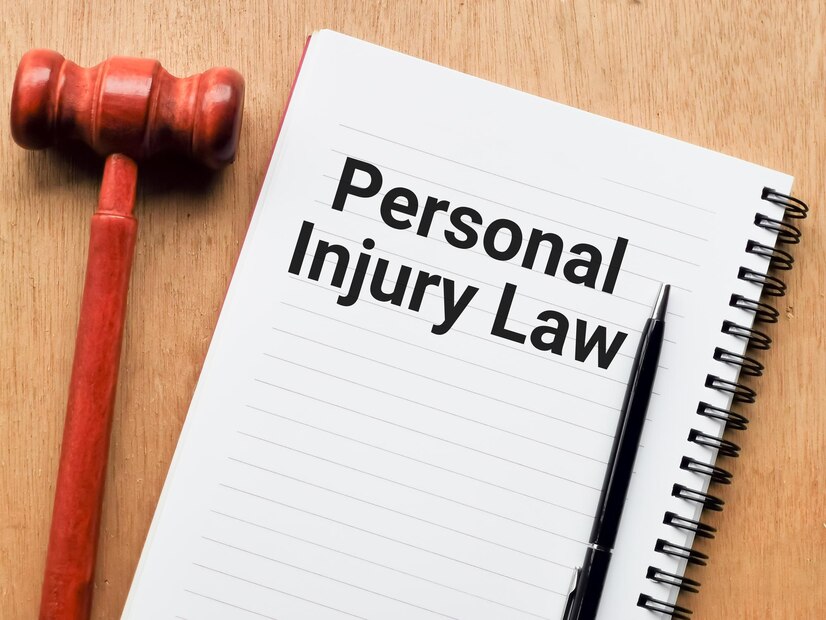Medical Negligence: The Impact Of Amputation On Patient Wellbeing

The number of medical negligence claims made against the NHS continues to increase. Even though more claims are being resolved, the unprecedented and mounting pressure on the NHS paints a concerning picture for the future of healthcare in the UK.
And when it comes to specific procedures like amputations, the standard of treatment – from the earliest assessment stages to aftercare – carries a significant impact on the lives of individuals. Quality care is crucial to a full recovery, but knowing the risks associated could help you feel more prepared.
How Many Negligence Claims Are Made Against The NHS?

According to annual reports published by NHS Resolution, the total number of newly reported incidents and clinical negligence claims reached 15,078 in 2021/22, an increase of 13% from the previous year. The medical negligence would sound simple, But the gravity of the incident is much deeper than your expectations.
Put into another perspective. This number represents the number of real people who’ve suffered as a result of insufficient care within our integrated healthcare system. Additionally, the NHS has paid compensation to 605 patients over the last five years who needlessly underwent amputation surgery as a consequence of incomprehensive care.
What Is The Impact Of Losing A Limb?

Limb loss is a serious incident. Limb loss and amputation are often linked with the beauty of the body. So when the doctor is going to say to you that you will amputate any of your body parts, that is going to be devastating news for anyone. Even though the patients are going through immense pain and suffering.
Losing a limb is always the most horrific incident for any person. And the result is more long-lasting; hence after the amputations, the patients can’t go through the impact of amputations.
Psychological Effects
Firstly, the emotional and psychological effects following amputation can cause serious life changes. With conditions ranging from PTSD to depression, an amputation presents extreme challenges as the amputee not only loses a limb but faces significant mental challenges.
In turn, this can jeopardize their confidence and mental health. Specifically, decreased self-esteem along with distorted body images, also increased dependency, and high levels due to the social isolation also observed in short- and long-term appointments after amputation surgeries.
Medical Negligence
On top of having to come to terms with the loss of a limb, patients might need to deal with the poor care received by the medical team by initiating one of several orthopedic injury claims processes. After being discharged from the hospital, patients might also start to resent their lower quality of life.
They might feel powerless, angry, and resentful of their clinicians or even blame themselves for what went wrong, which could also lead to anxiety and depression.
Career And Lifestyle Changes
Losing a limb reduces muscle function, movement, and control. Amputees might need to find alternative work, especially if their previous role involved high levels of physical activity or lifting. This added financial stressor complicates the recovery process further.
With added difficulties in socializing, being active, or returning to the sport, amputees might feel as though they can’t return to their previous lifestyle after surgery.
What Can Be Done To Help Victims?
The emotional trauma experienced after losing a limb due to medical negligence can be difficult. Fortunately, there are some things that can be done to ease the pain, including the organization of specialist care and support during this difficult time.
You should also start a claim with an experienced team of solicitors. To recover psychologically, trauma-informed therapy could be a path to follow to ease the pain from that traumatic experience. Structured therapies like EMDR can be useful for those who’ve witnessed or experienced an event like a car accident or medical malpractice.
Wrapping Up:
Please don’t hesitate to contact your healthcare provider or solicitor for professional advice on medical negligence matters. We all know amputations are never going to be a very sweet memory. The best way is if you can’t get out from the impacts of the incidents, then take the help of a phycological counselor. Through counseling, amputation-related issues can be solved, and you will feel much more relieved.
Additional:













